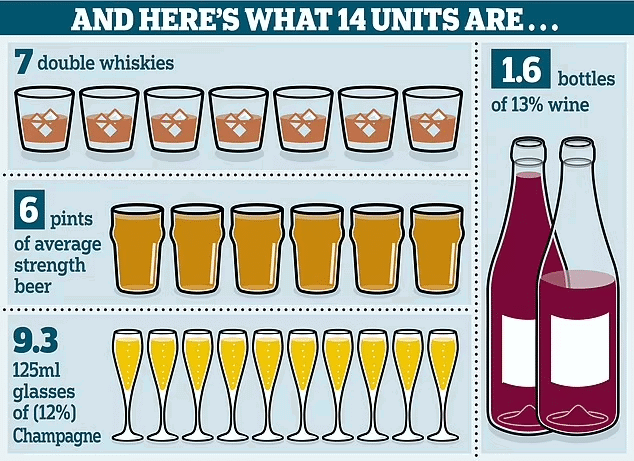In his book, The Complete Guide to Memory: The Science of Strengthening Your Mind, neurologist Dr. Richard Restak emphasizes the importance of ceasing alcohol consumption, including beer, by age 65 to preserve brain health. He notes that while alcohol is a mild neurotoxin, its cumulative effects over time can impair memory and cognitive functions.

Dr. Restak explains that alcohol accelerates age-related neuronal damage, a concern particularly relevant for individuals over 65, as neuron loss becomes more pronounced with age. Although the brain does not rapidly lose neurons, studies indicate a gradual decline of about 2-4% over a lifetime, making each neuron vital for maintaining cognitive abilities.
The risk of dementia, affecting millions globally, increases with age. High alcohol consumption is associated with brain region shrinkage, potentially triggering or worsening dementia. Conditions like Wernicke-Korsakoff Syndrome, linked to vitamin B1 deficiency, are also related to excessive alcohol intake.

Memory loss, an early dementia symptom, can be exacerbated by alcohol. Dr. Restak warns that even moderate drinking beyond age 65 may heighten the risk of memory disorders, citing studies that connect alcohol use to early-onset dementia, which can appear before age 65.
Beyond cognitive concerns, alcohol increases physical risks for older adults, such as falls leading to serious injuries or fatalities. Dr. Restak highlights the life-threatening potential of such incidents in senior individuals.

While some research suggests moderate alcohol consumption might protect against cognitive decline, findings are inconclusive. Organizations like Alzheimer’s Research UK stress that reducing alcohol intake could prevent or delay up to half of dementia cases worldwide.
The NHS recommends adults limit alcohol to no more than 14 units per week, equivalent to about six pints of beer or one and a half bottles of wine. However, Dr. Restak advocates for complete abstinence after age 65 as the most effective strategy.

Dementia poses a significant economic burden, with UK costs projected to rise from £43 billion to nearly £90 billion by 2040. Reducing alcohol consumption could play a crucial role in lowering these figures by decreasing dementia rates.
Dr. Restak advises stopping alcohol consumption at age 65 and aiming for complete cessation by 70 to protect the brain and reduce the risk of memory-related diseases. For those who believe occasional beers are harmless, evidence suggests otherwise, underscoring the importance of timely lifestyle changes.
